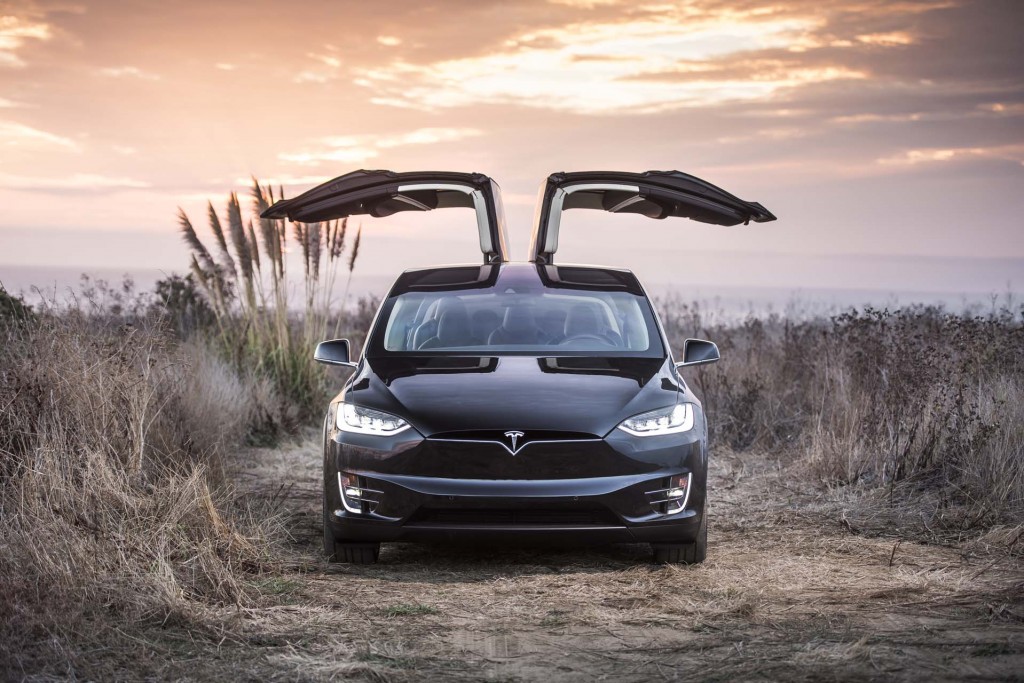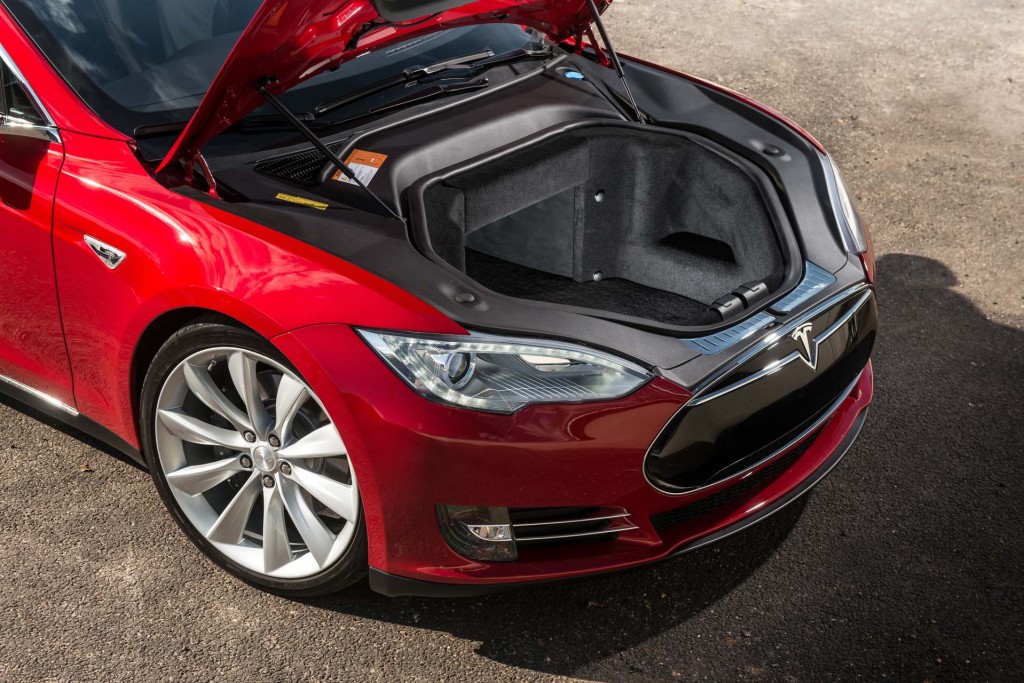Tesla electric cars have many notable and pioneering qualities. Faultless reliability has not necessarily been one of them.
Since the Model S launched in 2012, multiple quality issues have been documented by both owners and media outlets like Consumer Reports.
The Model X debuted with a particularly high level of initial-quality issues, likely a result of the crossover's complex design and Tesla's rush to get it into production after multiple delays.
DON'T MISS: Tesla Model 3: beta phase to be skipped, will go straight to production?
But despite these issues, owners absolutely love their Teslas.
That's the conclusion of a new J.D. Power study titled "Tesla: Beyond the Hype."
"Tesla owners see themselves as pioneers who enjoy being early adopters of new technology," said Kathleen Rizk, J.D. Power director, global automotive consulting, in announcing the study.

2017 Tesla Model X
Early adopters are indeed known to be more tolerant of bugs or faults in new products than more mainstream consumers, often viewing this as the price to be paid for having the latest technology.
Tesla owners in particular have displayed a passionate loyalty that should make other automakers envious.
ALSO SEE: Tesla falls even further as Consumer Reports ranks reliability (Oct 2016)
Because of the relatively small number of Tesla electric cars on the road, the Silicon Valley has not been included in J.D. Power's industry-wide Initial Quality Study and Automotive Performance, Execution, and Layout Study.
But the research firm decided to construct a standalone Tesla study using the data that it had.

2017 Tesla Model S
Most automakers selling cars at the price of the Tesla Model S and Model X with similar numbers of quality issues would be expected to experience a negative impact on "sales and brand perception," Rizk said.
But Tesla seems "immune" to that, she said.
At least for now.
CHECK OUT: Tesla tops Consumer Reports' customer satisfaction index (Dec 2016)
Buyers of the Tesla Model 3 may be less forgiving of quality issues, Rizk suggested.
Indeed, with Model S prices now starting at $75,000, it's unlikely that owners of Tesla's highest-volume car have only one car in the household—meaning they have fallbacks if the Tesla has troubles.
At the Model 3's $35,000 price point, more buyers use their cars as the primary mode of transportation, which leads them to put a higher premium on reliability.

2017 Tesla Model S
With an estimated range of at least 215 miles at about half the cost of a Model S, the Model 3 will be Tesla's first mass-market car.
That means it will take Tesla beyond early adopters, to a broader range of consumers.
For many of those consumers, it remains to be seen whether the Tesla mystique can overcome any reliability issues in the launch of a new vehicle on a new platform, built to strict cost controls.
READ MORE: Why the Tesla Model S became America's 'most-loved vehicle' (Nov 2016)
Tesla has said it's learned lessons from its Model X launch, and it's hired a veteran Audi executive to oversee the production launch of the Model 3.
Still, the price of becoming a truly mainstream automaker may be higher expectations from the customers who pay less for their cars.
We should know how the story turns out a year or 18 months hence.
[hat tip: GeorgeK]
_______________________________________________












